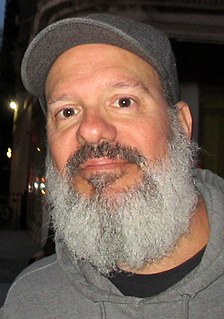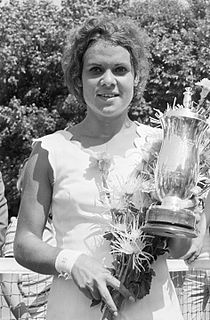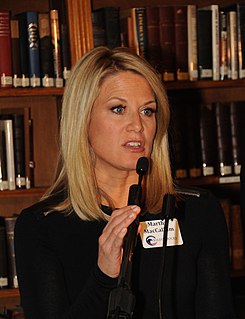A Quote by Robert Graves
I revise the manuscript till I can't read it any longer, then I get somebody to type it. Then I revise the typing. Then it's retyped again. Then there's a third typing, which is the final one. Nothing should then remain that offends the eye.
Related Quotes
Back when the Bible was written, then edited, then rewritten, then rewritten, then re-edited, then translated from dead languages, then re-translated, then edited, then rewritten, then given to kings for them to take their favorite parts, then rewritten, then re-rewritten, then translated again, then given to the pope for him to approve, then rewritten, then edited again, the re-re-re-re-rewritten again...all based on stories that were told orally 30 to 90 years AFTER they happened.. to people who didnt know how to write... so...
I turn sentences around. That's my life. I write a sentence and then I turn it around. Then I look at it and I turn it around again. Then I have lunch. Then I come back in and write another sentence. Then I have tea and turn the new sentence around. Then I read the two sentences over and turn them both around. Then I lie down on my sofa and think. Then I get up and throw them out and start from the beginning.
I'm not that type of musician where I can sit down at the piano and work out a song; I actually really enjoy that process of sitting with somebody and having nothing and then suddenly something starts appearing. You struggle with it, and then suddenly a song starts to appear. Then, you've got to try and muscle it - there's that word again - into something and you do. You tussle with it and play with it and roll around with it and suddenly, magically, something appears.
Young screenwriters are always very frustrated when they talk to me. They say, 'How do we get to be a screenwriter?' I say, 'You know what you do? I'll tell you the secret, it's easy: Read 'Hamlet.' You know? Then read it again, and read it again, and read it until you understand it. Read 'King Lear,' and then read 'Othello.'
In felling a tree we should cut into the trunk of it to the very heart, and then leave it standing so that the sap may drain out drop by drop throughout the whole of it... Then and not till then, the tree being drained dry and the sap no longer dripping, let it be felled and it will be in the highest state of usefulness.
Thus play I in one person many people, And none contented: sometimes am I king; Then treasons make me wish myself a beggar, And so I am: then crushing penury Persuades me I was better when a king; Then am I king'd again: and by and by Think that I am unking'd by Bolingbroke, And straight am nothing: but whate'er I be, Nor I nor any man that but man is With nothing shall be pleased, till he be eased With being nothing.







































